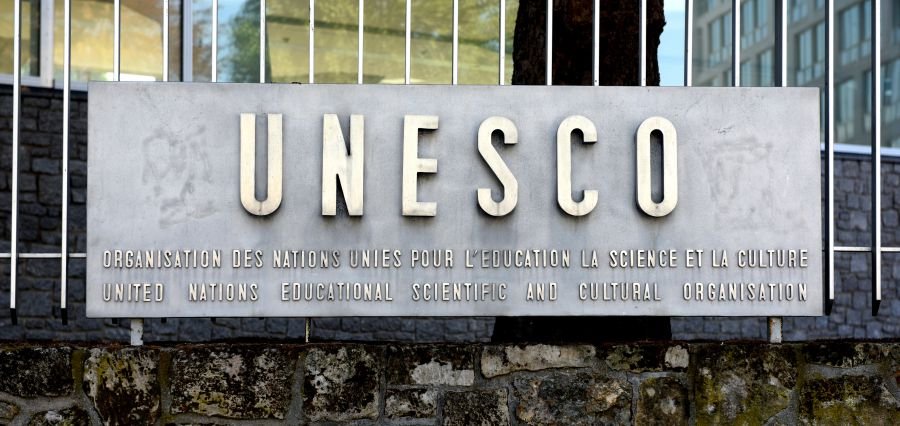Online safety has emerged as a critical issue as digital platforms increasingly dominate our interactions. Ushahidi, in collaboration with the National Coalition on Freedom of Expression and Content Moderation (FeCoMo), hosted a pivotal two-day workshop titled “Strengthening Design Governance for Safer Online Spaces in Kenya” during Datafest Africa 2024. The workshop, held at Aga Khan University, focused on equipping participants with insights into design governance and regulatory compliance specific to the Kenyan context.
The event brought together technology practitioners, including software developers, designers, legal experts, and tech enthusiasts, to address the current challenges faced by digital platforms. These challenges include misinformation, ideological polarization, and the lack of African contextualization in software development. Emphasis was placed on the need for a multistakeholder approach, incorporating diverse perspectives, especially from vulnerable groups, to ensure effective digital governance.
Participants engaged in ideation and prototyping labs to develop solutions for improving online safety. They created user personas to reflect diverse user needs and challenges, generating UI/UX solutions such as age-appropriate servers for online games and color-sensitive websites for users with disabilities. These prototypes were presented for peer and expert feedback, fostering collaborative improvement.
The workshop yielded actionable recommendations for enhancing digital platform safety in Kenya. These include:
Alt-text for Images: Ensuring every image includes descriptive text for visually impaired users.
Adjustable Contrast Settings: Offering adjustable screen contrast for users with visual impairments.
Toggle Web Animations: Allowing users to control web animations to accommodate cognitive or neurological conditions.
Facial Recognition: Using facial recognition for simplified sign-up processes for users with disabilities.
Text-to-Voice Functionality: Implementing text-to-voice features to assist users with visual impairments or literacy challenges.
Support for Local Languages: Developing AI models to support local languages and dialects.
Contextualized User Personas: Tailoring user personas to various age groups for relevant content and interactions.
Innovative Tools for Local Languages: Creating content moderation tools that handle local languages effectively.
For More Details: https://theeducationleaders.com/




